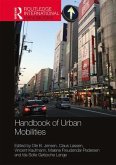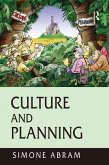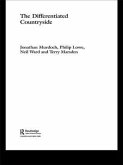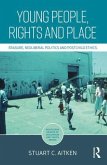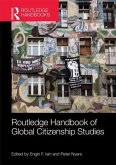Citizenship is contested and re-produced across a range of spaces, be they neighbourhoods, nation states, symbolic public places, institutional spaces or private spaces. Boundaries (imagined or real) are frequently used to determine who is or is not seen as a citizen, particularly at the level of the nation state. This book examines how the spatialities of citizenship are played out at a range of scales, from the transnational to the home, to reveal the importance of space and place to citizenship. This geographical viewpoint will offer social scientists new spatial perspectives on citizenship and geographers a way of bridging social, political and cultural aspects of the geography. The book is an advanced textbook that will appeal to undergraduate and Masters-level students studying geography, politics, sociology, history and other social sciences.




